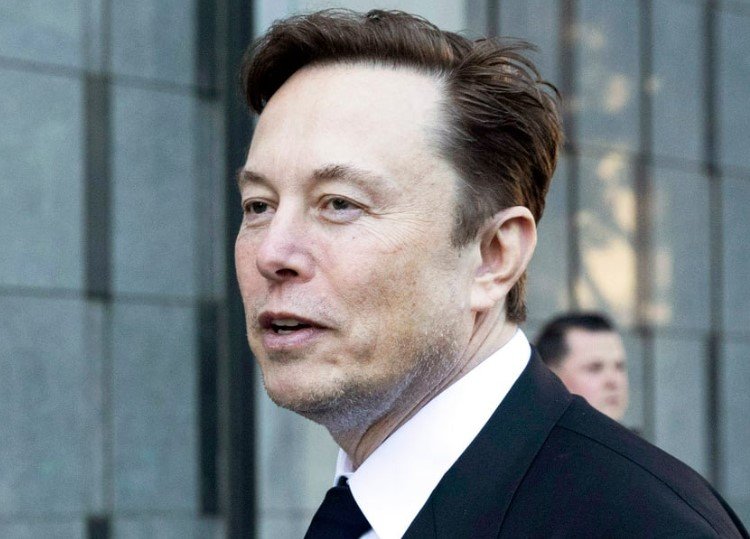Elon Musk has signaled his intention to bring back Marko Elez, a former employee of the Department of Government Efficiency (DOGE), who resigned after his past racist social media posts resurfaced. Musk’s decision follows a public poll on X, where an overwhelming 78% of respondents voted in favor of Elez’s return.
Social Media Controversy and Resignation
Elez’s controversial posts gained attention after resurfacing online. One of his now-deleted posts read, “Normalize Indian hate,” while another stated, “Just for the record, I was racist before it was cool.” Screenshots of these statements quickly went viral, prompting calls for his resignation.
The backlash led Elez to step down on Thursday. His resignation was reported by the Wall Street Journal, which detailed the offensive nature of his statements. Despite the controversy, several high-profile figures, including Musk, Vice President JD Vance, and former President Donald Trump, expressed support for his return.

Musk’s Poll and Public Reaction
Musk took to X, formerly Twitter, to gauge public sentiment. His poll, titled “Bring back @DOGE staffer who made inappropriate statements via a now-deleted pseudonym?”, quickly gained traction.
- 78% of respondents voted “Yes.”
- 22% voted “No.”
- The poll garnered over a million votes within hours.
Following the results, Musk hinted that Elez’s return was imminent. “To err is human, to forgive divine,” he posted, referencing the famous Alexander Pope quote.
Political Backing for Elez’s Reinstatement
Vice President JD Vance, known for his criticism of media accountability, defended Elez. While he condemned the racist remarks, Vance argued that past social media activity shouldn’t dictate someone’s professional future.
“I don’t think stupid social media activity should ruin a kid’s life,” Vance posted. “We shouldn’t reward journalists who try to destroy people. Ever. So I say bring him back. If he’s a bad dude or a terrible member of the team, fire him for that.”
Former President Donald Trump also weighed in, reportedly supporting Musk’s decision. Trump has previously criticized what he calls “cancel culture” and frequently argues against punitive actions based on past statements.
Broader Implications and Public Debate
Elez’s case raises broader questions about accountability and redemption in the digital era. Should someone be permanently blacklisted for past offensive statements? Can people evolve, and should their professional lives be defined by social media activity?
A table comparing past similar cases provides context:
| Individual | Incident | Outcome |
|---|---|---|
| Marko Elez | Racist posts | Resigned, Musk supports rehiring |
| Justine Sacco | Offensive tweet before flight | Fired, later rehired in media industry |
| Kevin Hart | Old homophobic tweets | Stepped down from hosting the Oscars |
| Roseanne Barr | Racist tweet about Valerie Jarrett | ABC canceled her show |
While Elez’s remarks were widely condemned, his potential reinstatement reflects a shift in how high-profile figures, particularly those in tech and politics, view online accountability. Musk’s stance aligns with his broader advocacy for “free speech absolutism”—a philosophy that has shaped many of his decisions at X since acquiring the platform.
Whether Elez’s return will face additional pushback remains to be seen. But one thing is clear: Musk has once again turned a personnel decision into a public referendum.
